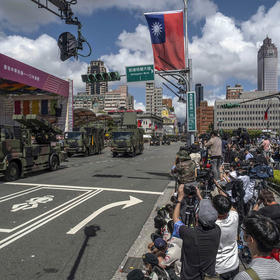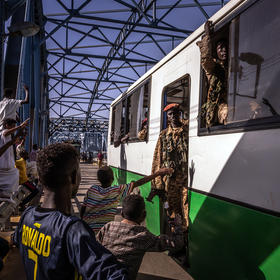Over the last several years, military juntas in and near the Sahel have seized power in countries spanning the African continent, from Guinea on the Atlantic coast to Sudan on the Red Sea. This “epidemic of coups” — as U.N. Secretary-General Antonio Guterres has called it — spreads further instability, undermines democratic progress and human rights, and accelerate cycles of violence in countries already wracked by conflict. The situation demands an urgent response from the United States and its allies and partners.
Why All the Coups?
Multiple factors are driving the rise in coups in the Sahel, including economic mismanagement, corruption, poverty, violent extremism and the failure of overwhelmed governments to resolve grievances over resources and progress social justice. But where putschists would previously have been condemned and held accountable by the international community, they are now increasingly able to evade pressure by exploiting strategic competition between major powers.
Countering Coups
Featured Publications
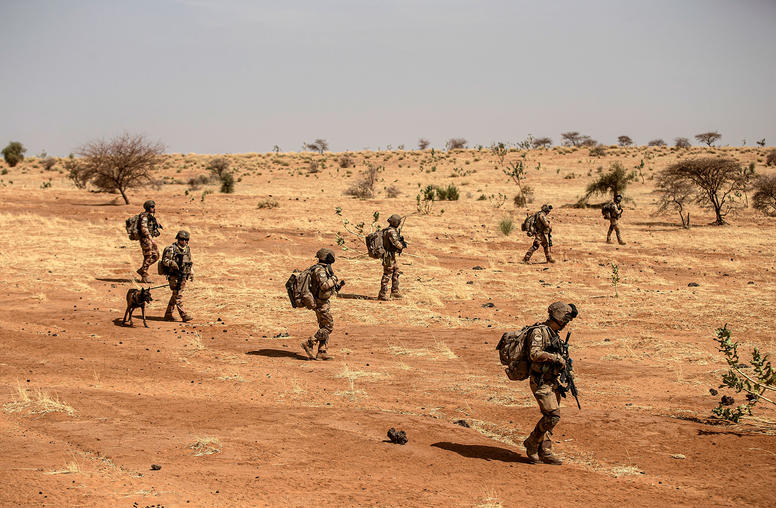
How to Respond to a ‘Year of Coups?’ We Can Try in Mali.
Armed coup attempts have struck five countries of the greater Sahel. Better policies can help reverse that.
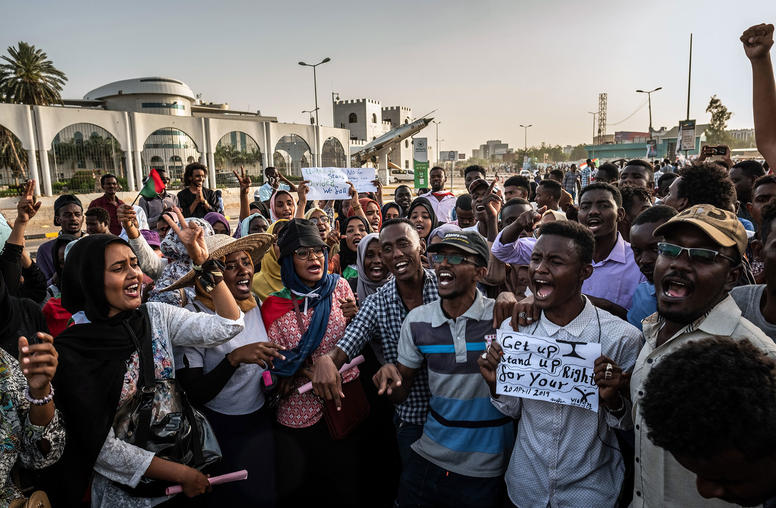
Dissecting Sudan’s Coup
After ousting civilians, the military seeks to consolidate power and install a new government.
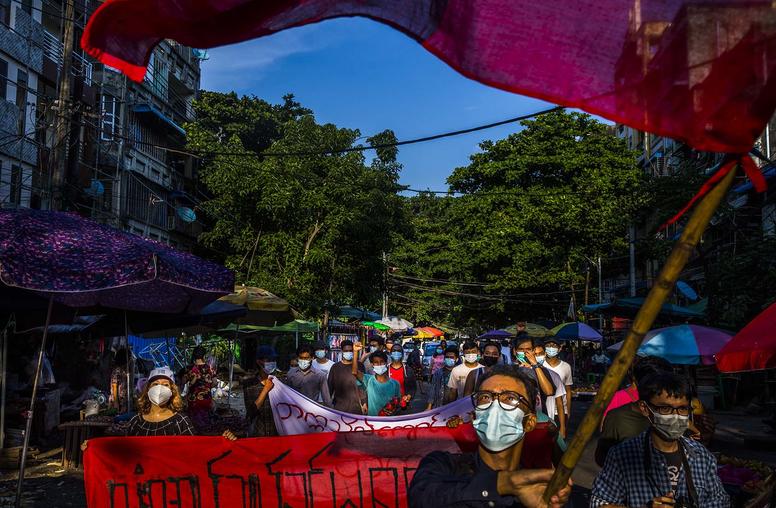
How Myanmar’s Coup Opens Opportunity for National Reconciliation
To change the trajectory of the conflict, the opposition must unify around a much-needed nation-building process.
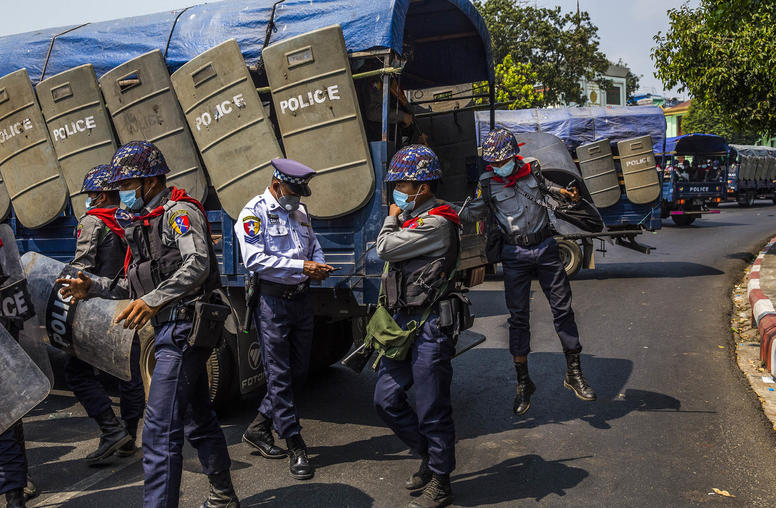
In Myanmar, the State the Generals Seized Is Coming Apart
As ethnic armies expand their reach and resistance groups take up arms, post-coup Myanmar is dissolving into pieces.
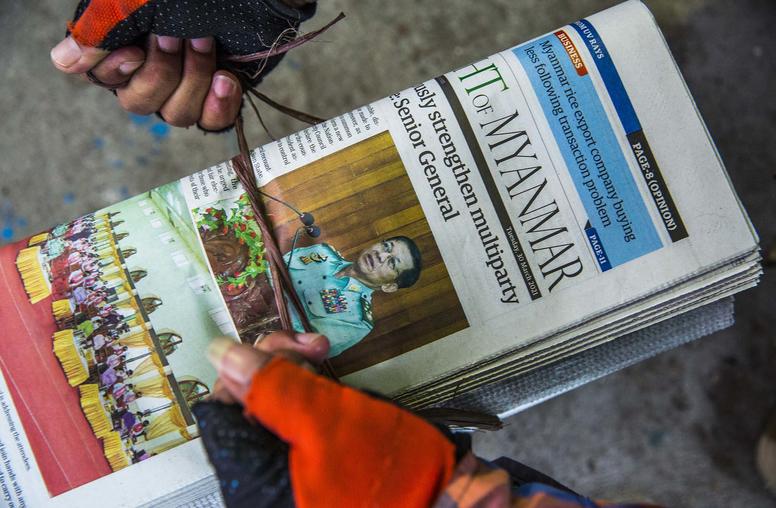
Myanmar: China, the Coup and the Future
The military junta has misled Beijing into a business-as-usual approach that seems destined to damage its interests.
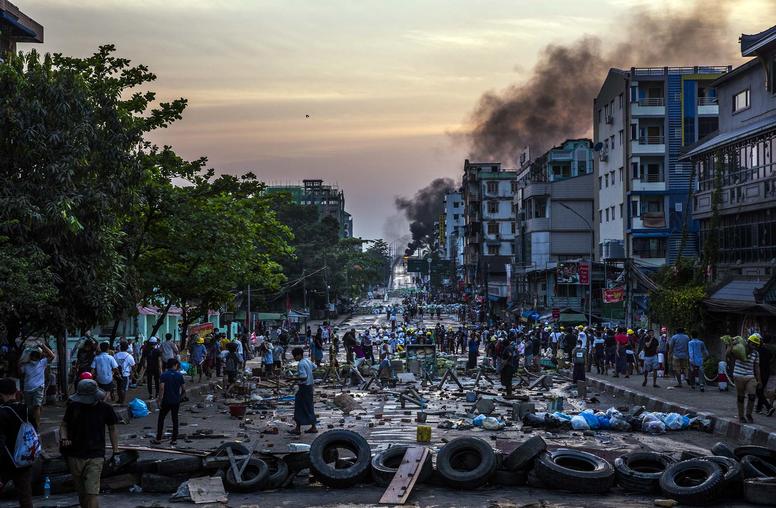
Myanmar Coup Weakens Southeast Asia Security and Cooperation
The generals’ seizure of power leaves ASEAN with a reduced regional role — and U.S. policymakers with a multilateral quandary.
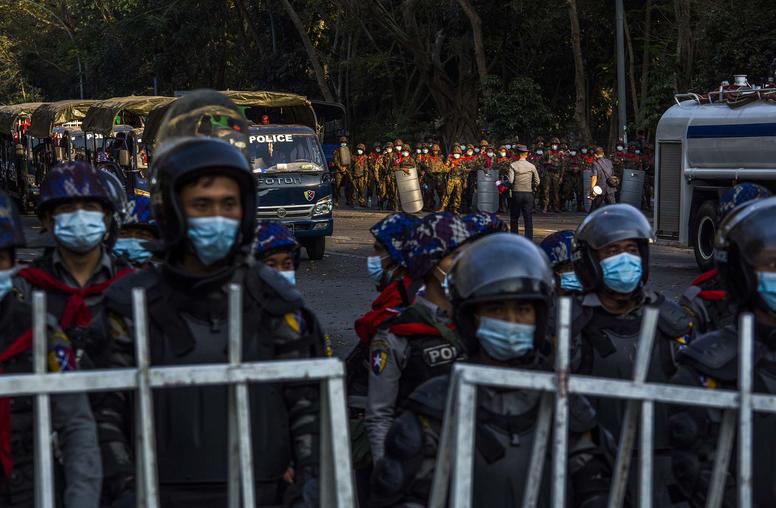
Myanmar Coup: The International Shockwaves Have Just Begun
The military’s power grab is fueling refugee flows, border conflict, transnational crime and threats to investment.
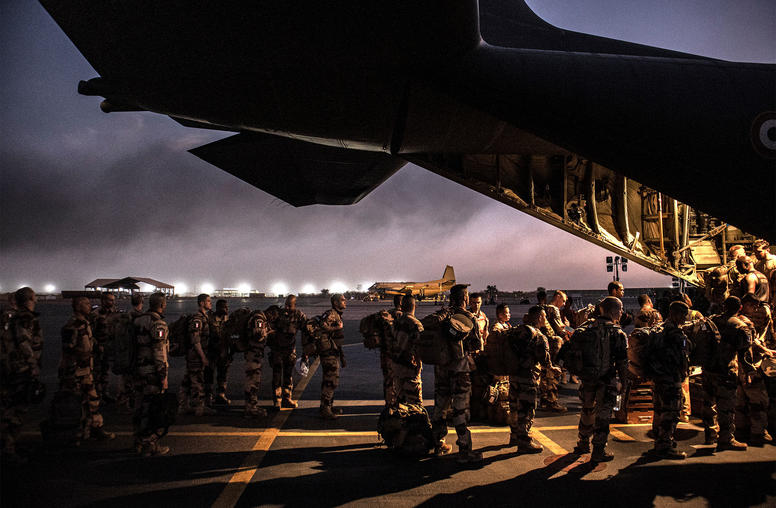
How International Security Support Contributed to Mali’s Coup
By not addressing governance challenges, security sector assistance missed a vital component of building peace and stability.
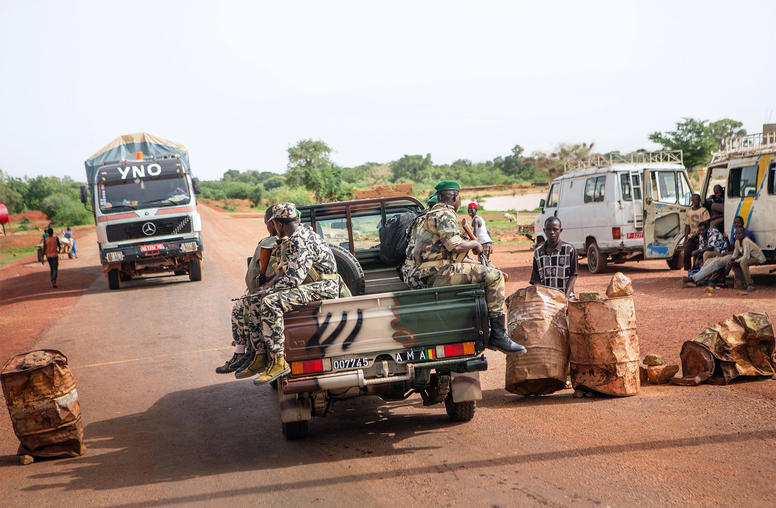
Mali’s Coup: Harbinger of Hope or Uncertainty
Security force defections can be key to nonviolent uprisings, but when the military moves to take power the record is much more mixed.
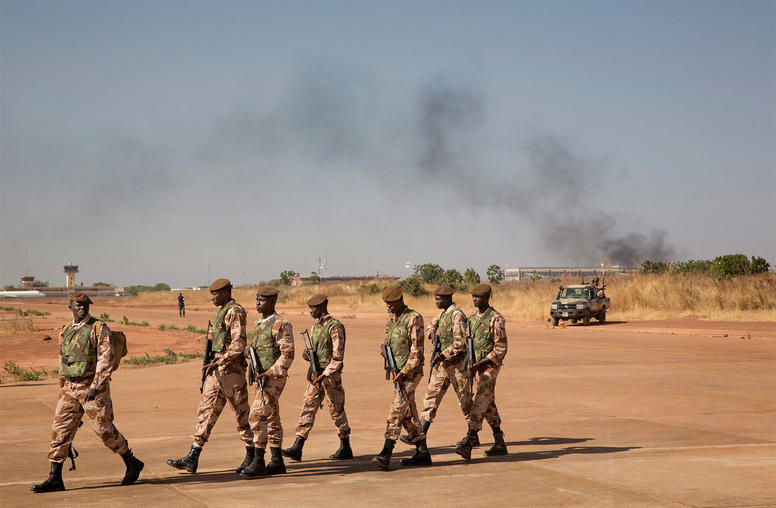
Five Things to Know About Mali’s Coup
The current crisis shows the importance of investing in rule of law and governance in times of peace, and during conflict.
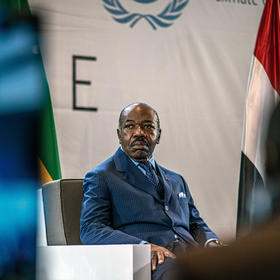

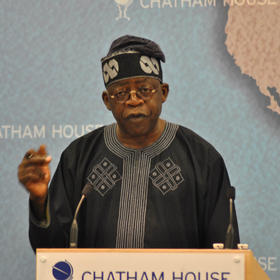

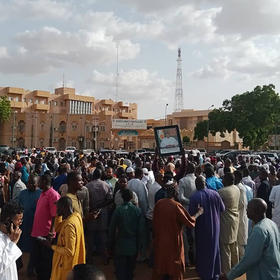

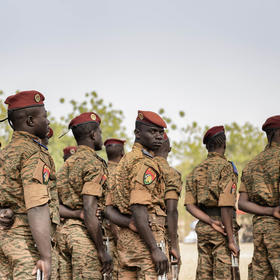

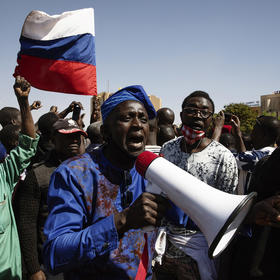

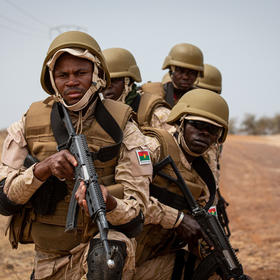
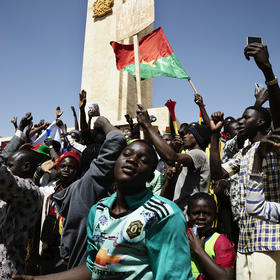
![Malian troops taking part in the Bastille Day 2013 military parade on the Champs-Élysées in Paris. Since August 2020, Mali’s military has overthrown two civilian-led governments. (Marie-Lan Nguyen/Wikimedia Commons/CC-BY 2.5]](/sites/default/files/styles/box_image/public/2021-12/20211209_malian_troops_bastille_day_2013_paris_t091031-wikimedia-ac.jpg?itok=GiLYGvYH)
